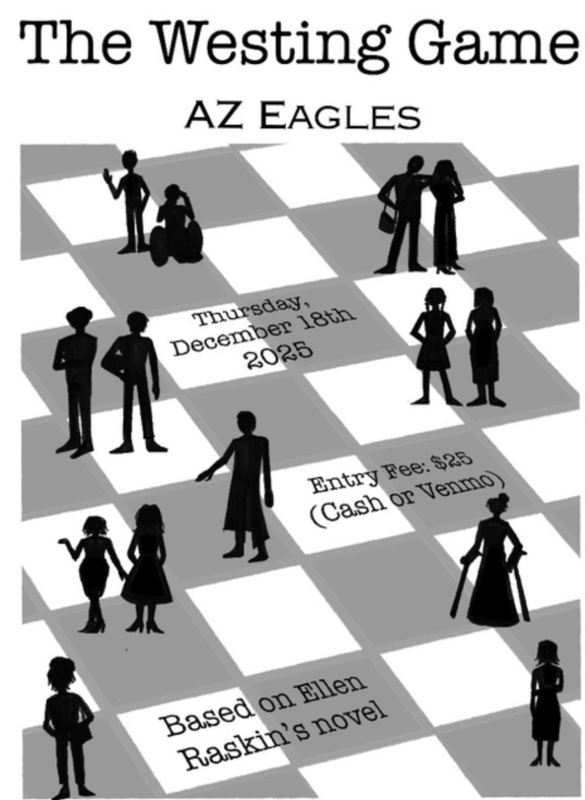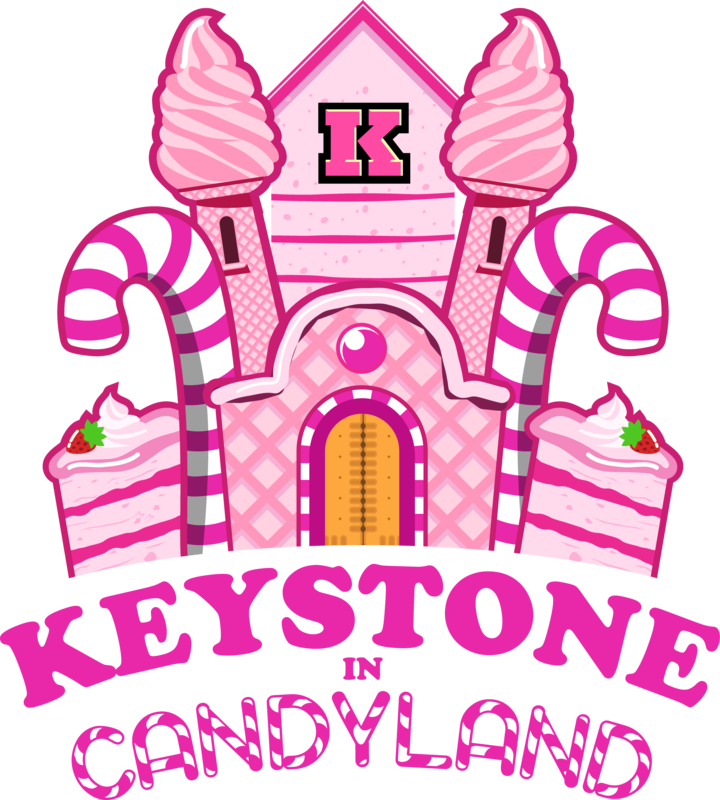What is the difference between Montessori and traditional education?
For children six and under, Montessori emphasizes learning through all five senses, not just through listening, watching, or reading. Children in Montessori classes learn at their own individual pace and according to their own choice of activities from hundreds of possibilities. Montessori teachers are referred to as Guides because they are experts at assissting children in finding their own strengths and capabilities through they use of precise, self correcting materials. Children in a Montessori class are not expected to sit and listen to a teacher talk to them as a group, but are engaged in individual or group activities using materials that have been introduced to them by their Guide who knows what each child is ready to do. Learning is an exciting process of discovery, leading to concentration, motivation, self-discipline, and a love of learning. Above age six children learn to do autonomous research by arranging field trips to gather information, interviewing specialists, and creating group presentations. They also engage in dramas, musical productions, science projects, story writing, and so forth. There is no limit to what they create in this kind of intelligently guided freedom. There are no text books or rigid schedules. There is great respect for the choices of the children and they easily keep up with or surpass what they would be doing in a more traditional setting. Through independent choice and exploration, children enjoy their work and study. The children observe each other, ask each other for lessons and much of the learning comes from sharing and inspiring each other instead of competing.
Why does Montessori have multi-aged classrooms?
Mulit-age classrooms afford us the luxury of adapting the curriculum to the individual child. Each child can work at his or her own pace, while remaining in community with his or her peers. In addition, the multi age format allows all older children to be the leaders of the classroom community, even those children who may be more reserved or quiet. Our Guides also gets to know your child well in a three-year span.
Are Montessori schools religious?
No. Montessori educates children without reference to religious denomination. As a result, our classrooms are extremely diverse, with representation from all peoples, cultures and religions.
Is Montessori a franchise? Who can open a Montessori school?
The term Montessori is not trademarked and anyone, regardless of training, experience or affiliation can open a “Montessori” school. It is essential that parents researching Montessori act as good consumers and do their research to ensure the authenticity of their chosen program. Keystone Montessori is recognized by Association Montessori Internationale, and all of our Guides hold Montessori certification.
Who accredits Montessori schools?
Dr. Montessori founded the Association Montessori Internationale in 1929 to preserve her legacy. AMI ensures that Montessori schools and guides are both well-grounded in the basic principles of the method and ready to carry those principles forward in the modern educational world. AMI offers teacher training and conferences, approves the production of Montessori materials and books, and, through their AMI-USA branch office, accredits schools.
Isn't Montessori just for preschool?
Montessori schools may be best known for their programs with young children, but the underlying educational method describes programs for students up through high school.
If children are free to choose their own work, how do you ensure they receive a well-rounded education?
Montessori children are free to choose within limits, and have only as much freedom as they can handle with appropriate responsibility. The classroom Guide and assistant ensure that children do not interfere with each other, and that each child is progressing at his/her appropriate pace in all subjects.







